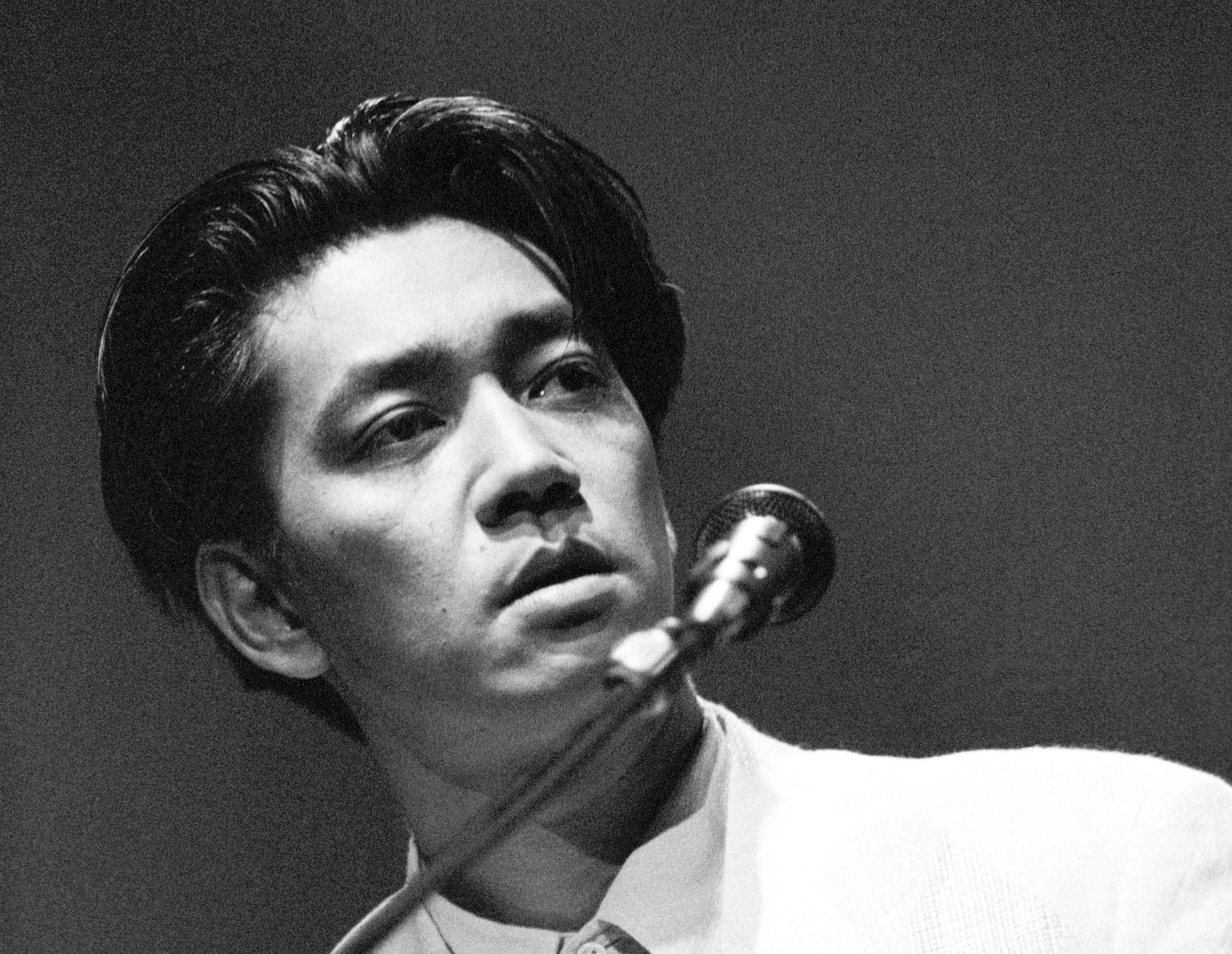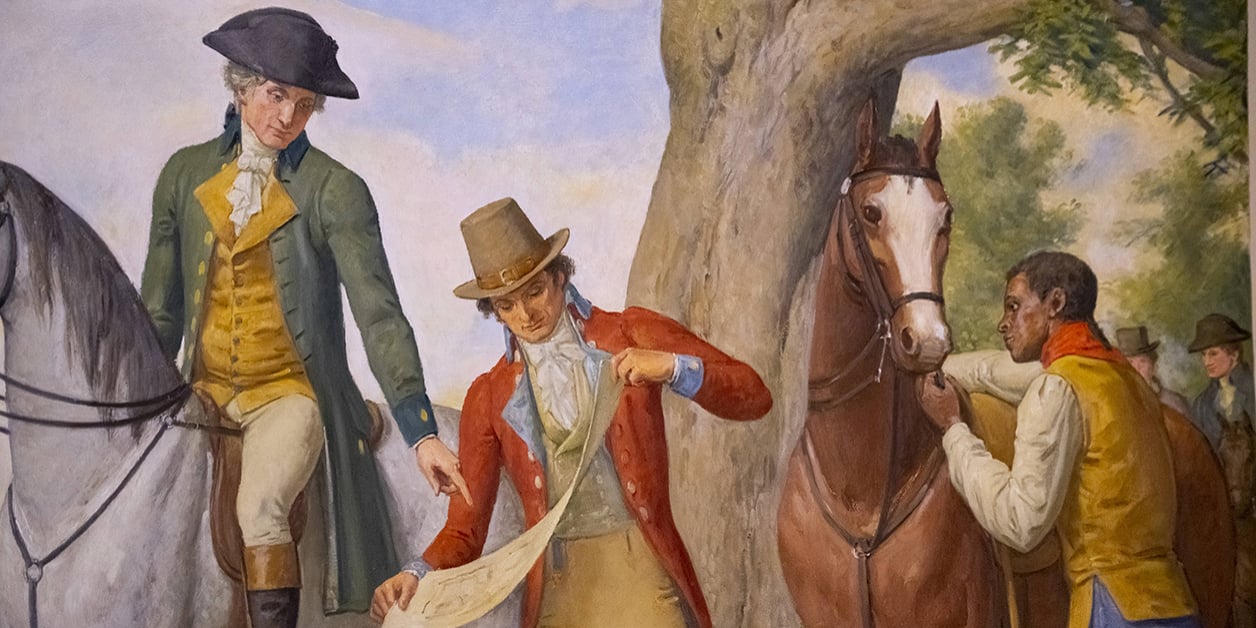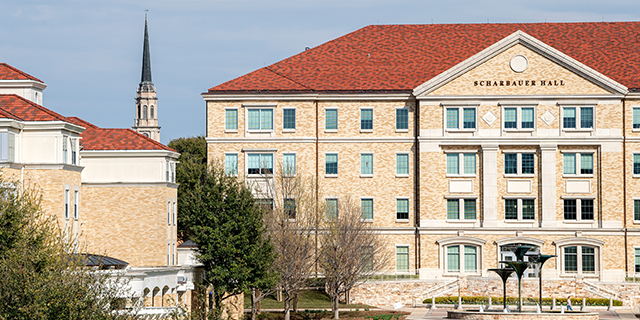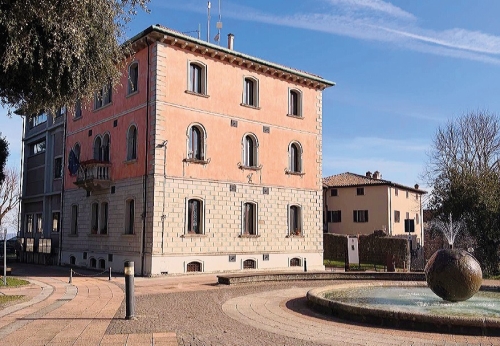Conservative movements to reform education are often defined by what they’re against. At a recent public briefing, the governor of Florida, Ron DeSantis, decried the imposition of critical race theory and mandatory diversity-and-inclusion training at the state’s schools. He pledged to counter “ideological conformity” and “administrative bloat.” On the other hand, when DeSantis and other Republican politicians try to articulate what they’re for—what exactly they want education to look like—one name comes up repeatedly: Hillsdale College. DeSantis has said that he probably wouldn’t hire someone from his alma mater, Yale. But “if I get somebody from Hillsdale,” he said, “I know they have the foundations necessary to be able to be helpful in pursuing conservative policies.” In January, DeSantis’s chief of staff told National Review that the governor hoped to transform New College of Florida, a public liberal-arts school, into a “Hillsdale of the South.” One of the people involved in implementing the reforms is a dean and vice-president at Hillsdale.
Hillsdale College, a school in southern Michigan with roughly sixteen hundred students, was founded by abolitionist, Free Will Baptist preachers in 1844. Today, the college is known as a home for smart young conservatives who wish to engage seriously with the liberal arts. The Hillsdale education has several hallmarks: a devotion to the Western canon, an emphasis on primary sources over academic theory, and a focus on equipping students to be able, virtuous citizens. There is no department of women’s and gender studies, no concentrations on race and ethnicity. It’s a model of education that some scholars consider dangerously incomplete. It’s also a model that communities across the country are looking to adopt.
In the past two decades, Hillsdale has vastly expanded its influence, partly through its ties to Republican politics. The college has had a presence in Washington, D.C., for fifty years, and in 2010 it opened a second campus there, largely for graduate students, in a row of town houses across from the Heritage Foundation. The faculty includes Michael Anton, the former Trump Administration official known for his essay “The Flight 93 Election,” in which he wrote that voting for Donald Trump was the only way to save America from doom, and David Azerrad, a former Heritage Foundation director who has described America as being run on a system of “Black privilege.” In recent years, speakers at Hillsdale events have included Justices Clarence Thomas and Amy Coney Barrett, then a circuit-court judge. Thomas, whose wife, Virginia, once served on the Hillsdale Board of Trustees, has referred to the college as “a shining city on a hill.” Alumni have gone on to serve in powerful government positions: Kevin McCarthy’s former deputy chief of staff, three Supreme Court clerks from the last term, and speechwriters for the Trump Administration all attended Hillsdale.
The school welcomes conservative provocateurs—Dinesh D’Souza and Andy Ngo, among others—to speak at events, publishing some of the talks in Imprimis, a monthly digest of speeches. In 2021, Hillsdale tapped two of the authors of the Great Barrington Declaration—an open letter that advocated against widespread lockdowns early in the pandemic—to help launch the Academy for Science and Freedom, “to combat the recent and widespread abuses of individual and academic freedom made in the name of science.”
The primary architect of Hillsdale’s rise to prominence is the college’s president, Larry Arnn. “Education is the purpose of society,” he told me. “If you want to help, as a citizen, your country, I think that’s the way.” Last November, Arnn gave a speech in which he described education as a cultural battleground, arguing that public schools have recently “adopted the purpose of supplanting the family and controlling parents.” To address this concern, Hillsdale has ventured outside of higher education, helping to launch K-12 charter schools nationwide. Arnn has set an ambitious mission for this project, one that suggests Hillsdale is only getting started in its fight to reclaim American education: “We’re going to try to find a way to teach anyone who wants us to help them learn.”
Iarrived at Hillsdale College on the morning of freshman convocation. My drive to the main campus, which is about two hours southwest of Detroit, led me past farms and cow pastures, and along an unpaved road. As I pulled up, I was greeted by a bronze statue of a Civil War soldier carrying a flag with a broken staff. More than four hundred Hillsdale students fought on behalf of the Union, which the school says is the most of any private college in the North—a fact that I would be reminded of often during my visit.
The convocation was held in one of the school’s athletic centers. Professors streamed past me in full regalia, looking like brightly colored fish amid the schools of new students. A string quartet played at the front of the room. (Hillsdale is not an a-cappella kind of place, though a third of the students study music, often classical.) A curly-haired senior kicked off the ceremony. “We’re always one graduating class away from losing the student culture here,” she said from the lectern. “Hold yourself to a higher standard, because it’s what you need. It’s what Hillsdale needs. It’s what our country needs. It’s what God needs.”
Next up was the president. Arnn, who is seventy, wore blue robes with a pin-striped suit and black tennis shoes that looked vaguely orthopedic. He spoke to the crowd about the virtues of pursuing truth. “There are things to know,” he explained. “They are beautiful things to know that will make you better if you know them.” As he wrapped up his comments, he noted that Winston Churchill was a “blubberer,” and that no one should be ashamed of getting emotional as they said goodbye.
Parents wept as they clung to their children. A bagpiper played the piercing melody of “Scotland the Brave,” making it feel as though the kids were getting sent into battle at the foot of the Highlands, rather than just being dropped off at school. Orientation advisers hovered around the room, wearing T-shirts bearing Hillsdale’s motto, Virtus Tentamine Gaudet: “Strength rejoices in the challenge.”
Arnn came to Hillsdale in 2000, while the school was emerging from national scandal. For twenty-eight years, the college had been led by George Roche III, a prominent libertarian. His daughter-in-law, Lissa Roche, who worked at the school, came to occupy a role akin to First Lady of Hillsdale. She was also, evidently, in love with her father-in-law. One day, she claimed that they had long been romantically involved. (He denied the affair.) Shortly afterward, she took a revolver out of her husband’s gun cabinet and went to the school’s arboretum, where she killed herself. “It was traumatic,” David Whalen, an English professor and a former provost, told me. “There’s no soft-pedalling it.”
George Roche resigned, and a committee scrambled to find his replacement. Arnn—a friend of one of the committee members, the conservative firebrand William F. Buckley, Jr.—was at the top of the shortlist. At the time, Arnn was the head of the Claremont Institute, a conservative think tank in California. (“If you’re looking for a conservative person who’s got an education and can talk a bit, the field is small,” he told me.) He got the job.
Arnn grew up in Arkansas and studied under Harry Jaffa, a combative scholar of the political philosopher Leo Strauss. After helping found Claremont, Arnn played a major role in the passage of Proposition 209, which effectively ended affirmative action in college admissions in California. Arnn has deep ties to the G.O.P. establishment—he told me that he got “close-ish” to taking a job as the head of the Heritage Foundation—but he’s never been a creature of Washington. He has preferred to cultivate his influence from afar.
In 2020, Trump formed the 1776 Commission, in response to the rise of critical race theory and the Times’ 1619 Project; its aim was to promote education about America’s “inspiring” founding. He picked Arnn to chair the group, which included Mike Pompeo and Ben Carson as ex-officio members. A few years before that, Arnn had published a book, “The Founders’ Key,” claiming that the progressive movement had weakened the power of America’s founding documents. It landed blurbs from Republican politicians such as Paul Ryan, Mike Lee, and Tom Cotton, whose wedding Arnn says he attended. “We’re from Arkansas,” Arnn said of Cotton. “We’re cousins.” (Not in the real way, Arnn clarified, but in “the Arkansas way.” )
The word “conservative” doesn’t feature prominently in Hillsdale’s promotional materials; the school simply describes itself as a “small, Christian, classical liberal arts college.” When I asked Arnn and other professors whether Hillsdale is conservative, they all gave the same, slightly uncoöperative answer: yes, in the sense that Hillsdale is “conserving things.”
Many students identify as conservative, although the ones I spoke with said that this manifests in different ways. Will McIntosh, who grew up in Iowa as the son of a Baptist preacher, enthusiastically briefed me on the virtues of the Austrian school of economics, one of Hillsdale’s specialties. (Ludwig von Mises, a major figure in that movement, donated his library to Hillsdale.) Colton Duncan, a devout Catholic from Ohio, rejects libertarianism, saying that he and his friends frequently discuss how to cultivate a moral economic system as an alternative to “woke capitalism and neocolonialism.” The ardently pro-Trump contingent on campus appears to be small, both among students and staff. Paul Rahe, a history professor, said he doubted that a majority of the faculty voted for Trump in 2016. (Arnn endorsed Trump after the Republican primary that year, joining a group of conservative intellectuals who wrote that he was the candidate “most likely to restore the promise of America.”) These days, the campus seems to favor DeSantis over Trump, according to a recent survey by the student newspaper.
Some people are surprised to find, upon arriving on campus, that there is relatively little appetite for partisanship. Politics just “wasn’t in the mouths of my peers or the administration,” Tori Hope Petersen, a 2018 graduate, told me. Arnn steers students away from partisan acrimony. “There’s rumors going around that I’m not fully satisfied with the condition of the government of the United States,” he said, to approving laughter and applause, at a parents’ dinner after the convocation. “I want you to know, we are going to discourage your child from being much involved in all that.”
And yet, beyond its campus, Hillsdale has waded directly into political conflicts, in large part by hosting speakers and disseminating their hotly contested ideas via Imprimis, which has more than six million subscribers—roughly twice as many as the Washington Post. Christopher Rufo, the researcher and conservative activist who spearheaded the campaign against critical race theory, gave a talk at the school last spring called “Laying Siege to the Institutions,” in which he argued that conservatives will never win the fight against progressivism “if we play by the rules set by the élites who are undermining our country.” Roger Kimball, of the conservative arts journal The New Criterion, claimed in a lecture that Democrats and the media vastly overhyped “the January 6th hoax,” noting that “every honest person knows that the 2020 election was tainted.”







